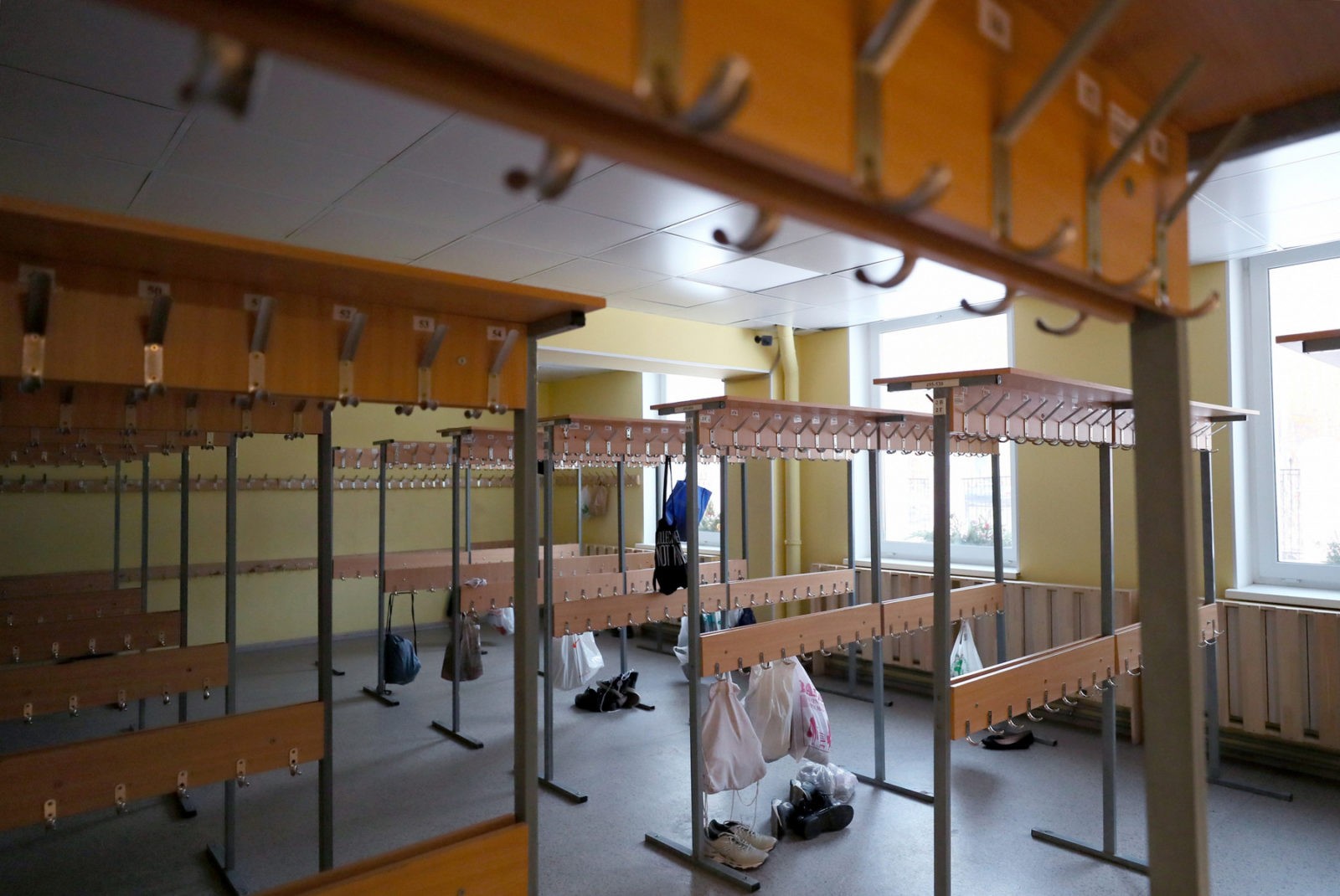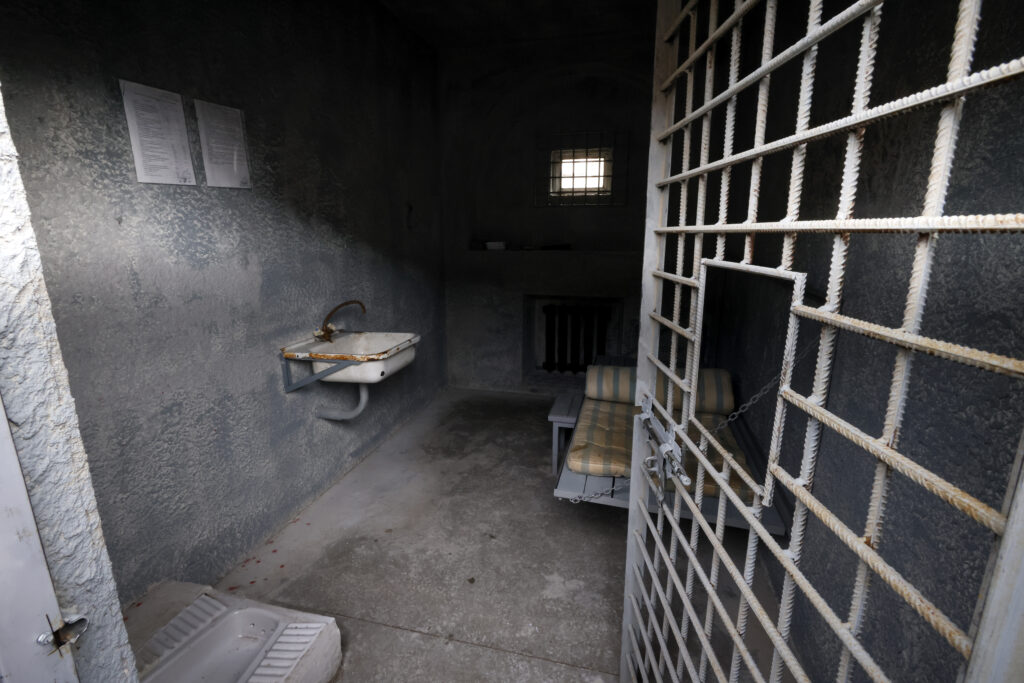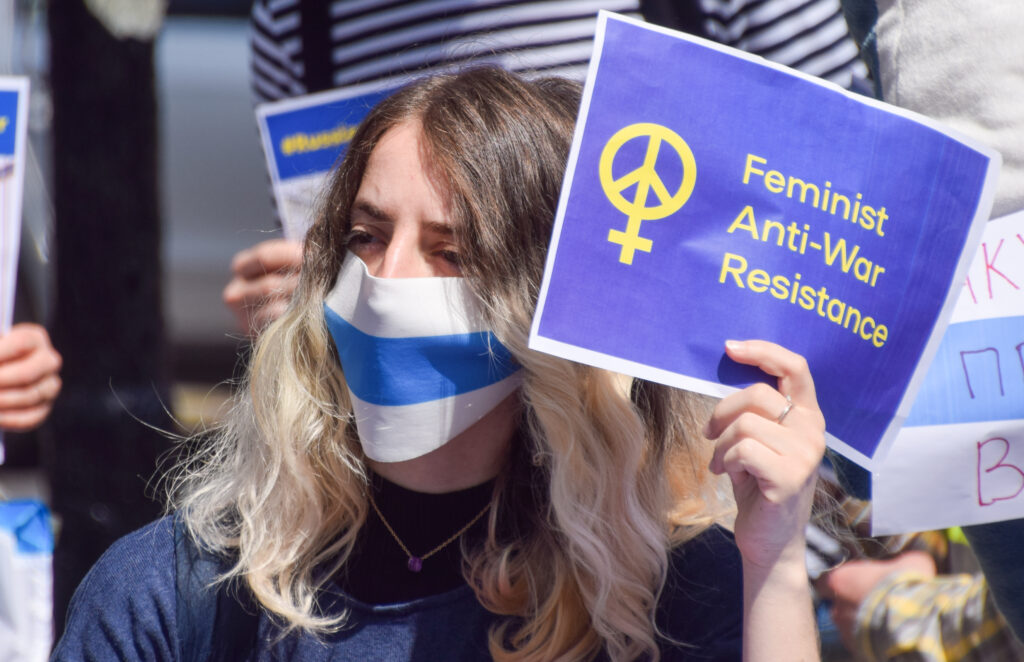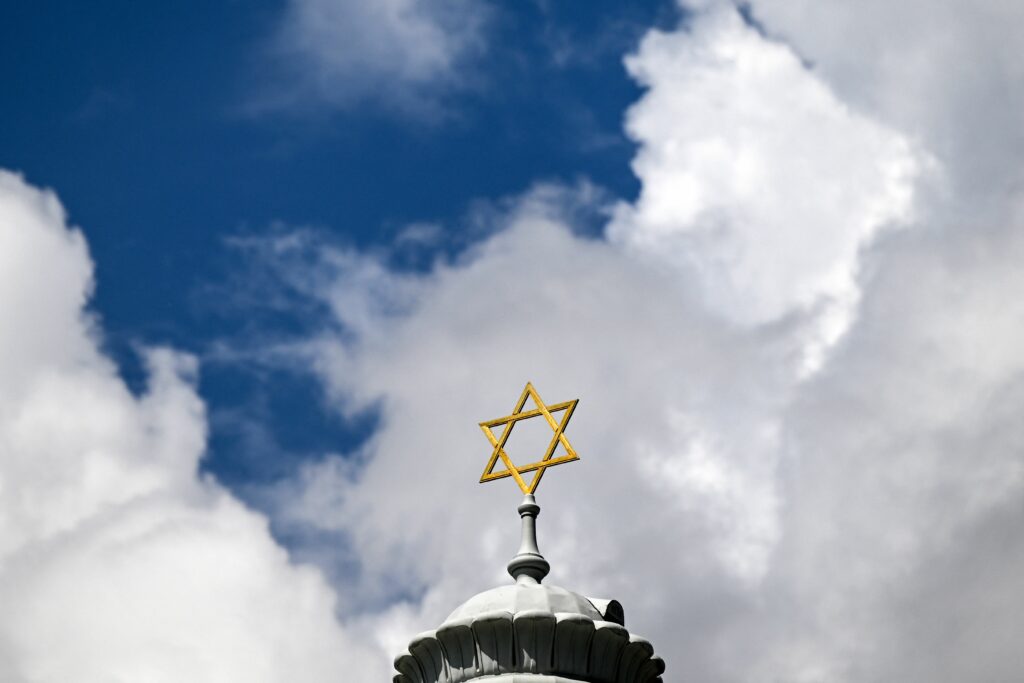From 2011 to 2015, the number of child suicides in Russia steadily fell by 10% every year. But that trend changed in 2016, when their number rose rapidly: in fact, by 57% (720 young people who took their lives.) That May, Novaya Gazeta published an article about «death groups» on the internet which urged young people to attempt suicide. The article provoked wide public discussion and spurred the authorities to launch a new wave of new legislation in response. What has come of it?
When a Ban Solves All
A few months after the publication of Novaya Gazeta‘s investigation, Russia’s Investigative Committee proposed to make calls to commit suicide or propagandising methods of doing so a criminal offence. A year later, in the summer of 2017, Russian President Vladimir Putin signed three new articles of the criminal code into law: «Instigating an act of suicide or assisting in an act of suicide,» «Organising activities aimed at persuading others to commit suicide,» and «Engaging an underage person in acts which pose a risk to the life of said underage person.» The maximum sentence which can be brought against somebody guilty of the deaths of two or more people is 15 years’ imprisonment.
In February 2017, head of Roskomnadzor (Russia’s state communications watchdog — ed.) Alexander Zharov demanded that the administrators of these social media groups be treated as terrorists; in his opinion, their goal was also murder. In Zharov’s words, his subordinates did not hang around to wait for official requests and, together with the administration of VKontakte, limited access to fifty «popular and active groups.» All told, over the first four months of 2017, Roskomnadzor blocked 9,000 «suicide» pages.
In 2018, Putin signed a law on the extrajudicial blocking of websites which were «dangerous for the lives and health of the underage.» The move concerned the «death groups» and «Columbine communities» (dedicated to the events which occurred in 1999 at the Columbine school in the USA, where two senior students massacred 13 people before taking their own lives.)
But it doesn’t end there. The State Duma is currently reviewing a draft law on founding «cyber-brigades» to defend children from extremism on the internet. These «cyber-brigades» are already operational today, albeit unofficially. For example, one such group was founded in 2011 under the name «League for a Safe Internet,» under the control of Konstantin Malofeev. The businessman and orthodox Christian activist has been called an initiator of «blacklisting» websites, and is an active supporter of online censorship. It is therefore entirely probable that under the aegis of good deeds, the authorities will attempt to pass yet another law limiting the rights and freedoms of Russian citizens.
Moreover, the authorities themselves accept that internet content alone has a minimal effect on the number of suicides. According to data from the Ministry of Internal Affairs, just 1% of teenage suicides in the country were connected to «death groups» on social networks. «There is not a single case in which the internet and only the internet has influenced the subsequent actions of an underage person,» noted Igor Komissarov, senior adviser to the chairman of Russia’s Investigative Committee. «Neither this nor that group containing destructive content became the man reason for child suicides. And not only suicides, but the basic reason for illegal or dangerous behaviour on the part of the underage. The internet is merely a means of communication. There’s no need to demonise its influence,» remarked Komissarov.
Furthermore, media in Russia is subject to a legislative restriction against publishing any material which reveals methods of committing suicide (from article 15.1 of the Federal Law «On Information, Information Technologies, and on the Defence of Information.») Publications which produce detailed descriptions of motives for suicide can also face the threat of being blocked (for example MediaZona has already been prosecuted, so far unsuccessfully, by Roskomnadzor for its materials on a young man who committed suicide after being tortured by the police.) State officials have even prepared methodical recommendations on how to write an article concerning suicide. In the West, such steps are unambiguously regarded as threats to freedom of speech.
The state’s prohibitive measures have not improved the situation. According to data from the Investigative Committee, the number of child suicides in Russia rose last year by 14%. If 692 such cases were recorded in 2017, their number in 2018 stood at 788.
There is another problem with such restrictive legislative moves designed to protect children: namely, how to enforce them. In the majority of such cases, the law enforcement agencies bring a criminal case based on article 110 of Russia’s criminal code (incitement to suicide), which has few real perspectives to be brought to court. There is no direct evidence which could lead to the punishment of a particular individual (whether they be parents, friends, or a teacher), only circumstantial evidence.
Waiting for a Proper Solution
According to experts, the main reasons for child suicides are as follows: a difficult social and mental state, poor interpersonal relations, complexities in relating to the opposite sex, instability as a consequence of emotional distress, and a lack of support in a young person’s moral and spiritual development or attempts to understand his or her problems.
As data from Russia’s United Interdepartmental Information System show, 20% of child suicides take place in May; the month when school exams are taken (both the Unified State Exam and the Basic State Exam.) Research conducted by the Serbsky Federal Medcal Center for Psychiatry and Narcology indicates that «boys, more frequently than girls, commit suicide, while girls make attempts at suicide.» An absolute majority of those who die are teenagers of between 14 and 18 years of age.
According to researchers, parents spend on average just 12.5 minutes talking to their children every day; of that time, 8.5 minutes is spent giving guidance, asking about school, and assessing their behaviour and performance. Just four minutes are dedicated to «positive attention.» Of course, children require a degree of control from their parents, along with a high degree of mutual trust and respect for personal space. Nevertheless Vladimir Rubashny, a psychologist with 20 years of experience who worked as director of the psychology department of the Federal Penal Correction Service for Tatarstan (where he spent several years working with «difficult teenagers») has a different point of view; Rubashny believes it is not appropriate to place all the responsibility on parents.
Given today’s aggressive environment, it is worth paying more attention to the atmosphere at school, where the child spends a significant amount of time. Teachers and school psychologists (who are unfortunately not present at all educational institutions) can then assess the child’s tendency towards suicide on the basis of daily observation. In the first stages, tests can be held to ascertain the student’s ability to manage stress, and any other underlying psychological problems. Students identified as being from a «risk group» can then benefit individually from specialists’ attention.
Mikhail Vinogradov, head of the Centre for Emergency Legal and Psychological Assistance, confirms these conclusions. «Our school psychologists are very poorly trained. That’s one problem. We don’t have a system for preventing suicides. That’s another. There is a service for dealing with suicides, which reacts to these cases [after they occur], but there’s not a preventative service,» explained Vinogradov.
It is also worth noting that Russia lacks an effective system of cooperation between educational, healthcare, and law enforcement bodies. For example, in 2016 local units of Tatarstan’s Ministry of Internal Affairs received notification from hospitals of 16 attempted suicides, while their actual number was 74. In Kazan, the capital of Tatarstan, municipal commissions for youth affairs were made aware of 25 attempted suicides, while their actual number (41) was significantly higher.
This May, a school director in neighbouring Bashkortostan was sent to court to stand trial for criminal negligence. She had discovered from social media networks that a student intended to attack his classmates, but chose to ignore the information and did not alert the police. The following day, a boy arrived at school armed with a knife, attacking his teacher and fellow students, before setting fire to the school’s premises.
In Spring 2019, Children’s Ombudsman of Russia Anna Kuznetsova, commenting on the grim figures of child suicides in the country, declared that «children are left to their own devices; they’re not listened to, they’re not heard, and they go unanswered. The problems which worry them worry nobody.»
All the above leads one to draw a discouraging conclusion: as long as the authorities remain determined to solve the problem with punitive measures, rather developing a preventative mechanism, Russia will continue to mourn child suicides.










